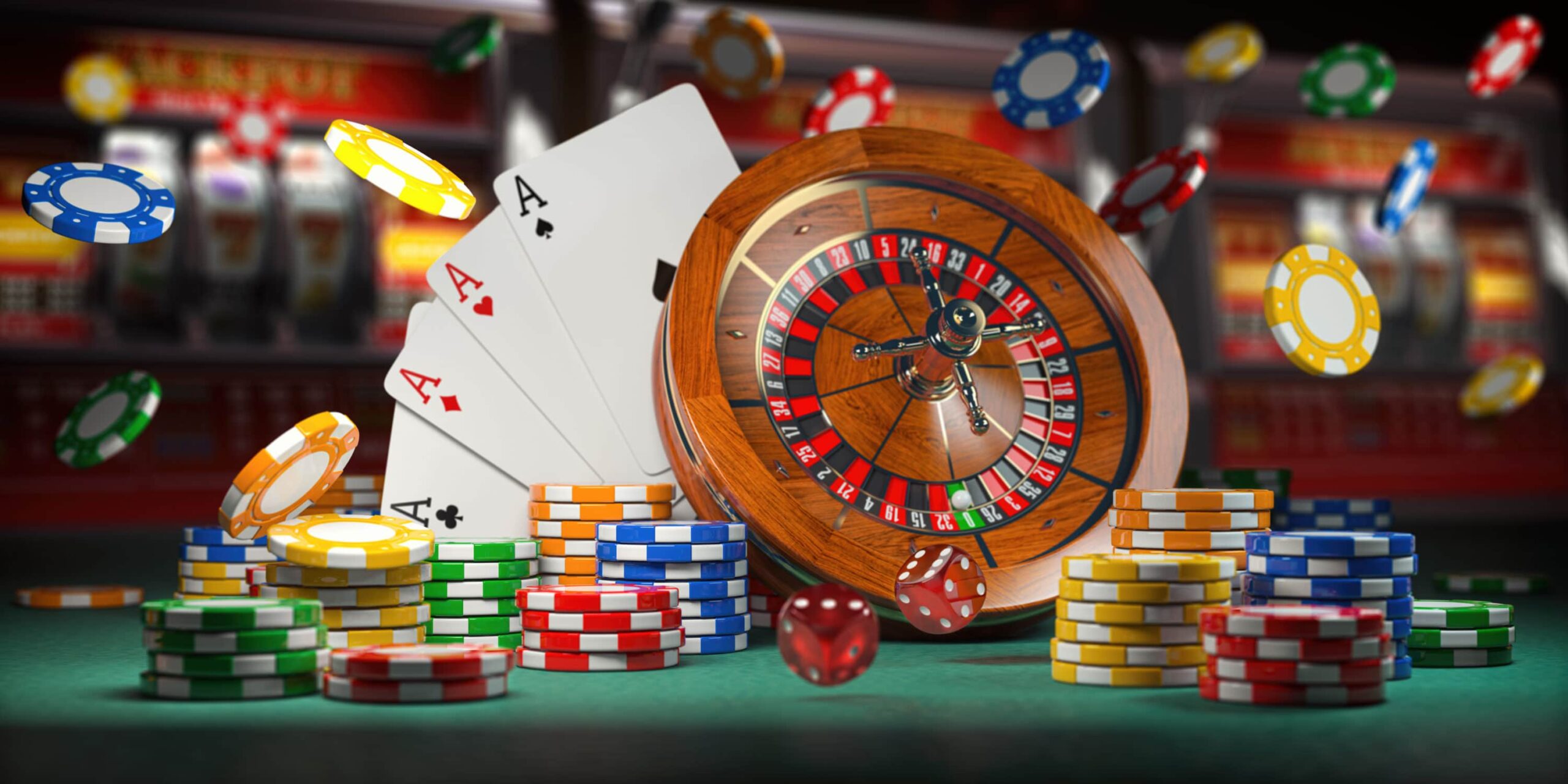
Casino activities have captivated players for ages, pulling them into a universe of thrill, fortune, and fortune. From the blinking lights of gambling machines to the tactical nature of poker games, these experiences offer a special blend of entertainment and risk. However, beneath the shiny exterior of this sparkle and glamour lies a complex relationship of calculations that shapes every conclusion and action made within the gaming hall.
Comprehending this connection between casino games and math not just improves the player’s journey but can also help participants make wise decisions. Whether you are a occasional player or a avid follower, recognizing the math concepts at play can offer valuable insights into likelihood, odds, and approaches, ultimately affecting how one deals with these games of chance.
Mathematical Probability in Betting
In the sphere of casino games, mathematical likelihood plays a critical role in determining outcomes and informing player choices. Each game has a distinct set of rules and a specific probability framework that shapes its mechanics. For example, in activities like the roulette wheel, players must comprehend the odds of choosing a specific digit or color. The probability of specific occurrences happening can be assessed, and this knowledge can greatly affect wagering tactics.
Gambers also need to be aware of the house advantage, which is the statistical advantage that gambling establishments hold over gamblers in the long term. This advantage differs across different activities. In blackjack, expert players can use tactics to reduce the house advantage to as low as one %, while in games like slots, the casino advantage can be substantially larger. Understanding the casino edge allows players to make educated choices about which games to play and how much to wager.
Additionally, probability is crucial in the principle of danger versus reward in betting. Every wager carries a particular danger level, and players must consider the possible payout against that danger. Activities like the poker game require gamblers to not only assess the chances of their personal showing winning but also to assess the likelihoods of their rivals’ showings. By utilizing statistical concepts to their strategy, players can improve their chances of winning and participate more strategically in the exciting realm of casino games.
Anticipated Value in Casino Games
When discussing casino activities, one of the basic concepts rooted in math is the expected worth. This numerical metric assists players grasp the possible outcomes of their wagers over a period. In basic terms, expected worth (EV) calculates the mean amount a player can anticipate to win or suffer per wager if they were to play the activity many times. Each activity has its unique EV, affected by the odds and the house edge, which indicates the benefit that the gambling establishment holds.
For instance, consider a activity like roulette. The expected value can be derived based on the specific wager made. If a gambler bets on a individual number, the return is 35 to 1, but the actual odds of success that bet are 1 in 37 (in Euro roulette). This leads in a detrimental expected value, showing that, on the whole, gamblers will incur a loss money over time when playing this kind of bet. Thể Thao 99win Understanding this idea allows players to make better informed choices about which games and bets may be less advantageous.
Additionally, the exploration of expected worth can lead to improved money management. Players who comprehend the math behind their games are often able to set realistic goals. bakar69 By recognizing their possible deficits and gains, they can modify their gambling strategies accordingly, which may enhance their total gaming experience. As a consequence, expected worth serves as a crucial tool for both beginner and seasoned players to navigate the frequently volatile nature of gambling games.
Strategies and Chances: The Math Behind Winning
In casino games, grasping the probabilities is essential for gamblers attempting to boost their chances of success. Each activity has its own specific set of odds that establish successful outcomes, and these figures are often presented in the rules of the game regulations or payout schedules. For instance, in activities like 21, players can improve their chances through methods such as tracking cards, which relies on math principles to gain an edge over the establishment. By educating themselves with the probabilities, gamblers can make more informed determinations on when to wager and when to quit.
Furthermore, the concept of expected outcome plays a significant role in casino strategies. Average outcome determines the mean outcome of a bet over the long run, allowing gamblers to assess whether a particular stake is worth taking. For example, video slots have a set payout percentage, which can indicate the average profit a participant can look for on their wagers. By choosing activities with greater payout percentages, participants can lessen the casino edge, maximizing their future winnings in the over time.
In conclusion, successful participants often utilize a combination of chance and mathematical strategy to boost their gaming experience. While chance is uncontrollable, managing a wagering approach based on math insights can lead to more positive results. By utilizing techniques such as budgeting and picking games, participants can leverage mathematics to maneuver through the random nature of gambling activities, making the most of their efforts and investments at the gaming tables.